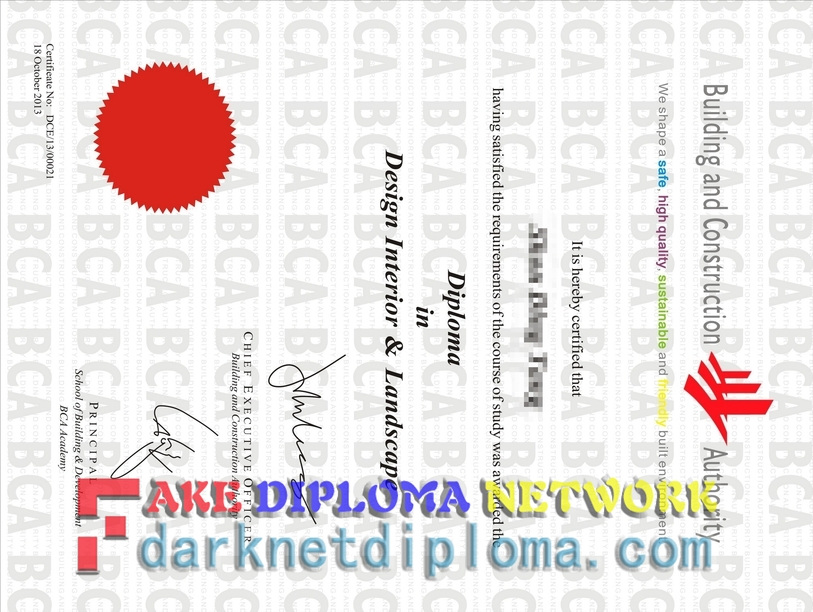Are you in the construction industry and suspect that someone may have obtained their BCA degree through less-than-credible means? With the rise of online degrees and diploma mills, it’s becoming increasingly common for individuals to acquire fake qualifications. In this blog post, we’ll explore how you can identify a Fake Building and Construction Authority Degree and what steps you can take to verify its authenticity.
Understanding the BCA Certification Process
The Building and Construction Authority in Singapore is responsible for regulating the construction industry. To earn a degree recognized by BCA, candidates must complete specific courses at accredited institutions. These degrees are typically awarded after rigorous assessment and often include practical training in real-world projects.
Common Signs of a Fake Degree
Non-Accredited Institution: The first clue is whether the institution awarding the degree is officially recognized by BCA. Unaccredited institutions may have similar names to well-known universities, making them easy to confuse.
Limited Course Structure: A fake degree often lacks structured courses and practical components. If the curriculum appears too generic or sparse, it could be a red flag.
Rushed Graduation Date: Another sign of a fake BCA degree is an unusually short time taken to complete the course. For instance, if someone claims they graduated in six months, this might indicate less effort put into their education.
Lack of Practical Experience: The BCA degree usually includes practical components where students work on real construction projects. If the candidate lacks these experiences or cannot provide detailed descriptions of them, it may point to a fake degree.
Unofficial Transcript Format: Authentic transcripts are issued in a standardized format with official seals and signatures. Fake degrees often have informal layouts or missing key information such as course details and grades.
Steps to Verify Your BCA Degree
If you're unsure about the authenticity of your degree, here’s what you can do:

Visit Official BCA Website: Check if the institution is listed on the official BCA website under recognized educational institutions.
Contact Institution Directly: Reach out directly to the university or training center that awarded the degree. Ask for a copy of their curriculum and verify if it matches what’s described.
Check with Professional Bodies: Many construction professionals register with professional bodies like the Singapore Institute of Architects or the Institution of Engineers, Singapore . These organizations often cross-verify degrees when registering members.
Look for Registration Number: Degrees from accredited institutions usually come with a unique registration number that can be verified online. Look up this number on the BCA website to ensure it matches your degree.
The Impact of a Fake Degree
Obtaining a fake Building and Construction Authority degree might seem like an easy shortcut, but it can have significant consequences in the long run:
Professional Credibility: Employers may doubt your qualifications if they discover inconsistencies between what you claim and reality.
Limited Career Advancement: Without genuine practical experience, you may struggle to take on more complex projects or leadership roles.
Legal Consequences: In some cases, using a fake degree can lead to legal actions if discovered during employment verification processes.
Conclusion
While the temptation of acquiring a Fake Building and Construction Authority Degree might be high, it’s essential to ensure its authenticity. By understanding the common signs and following steps to verify your degree, you can confidently move forward in your construction career without doubt. Stay informed, stay credible!